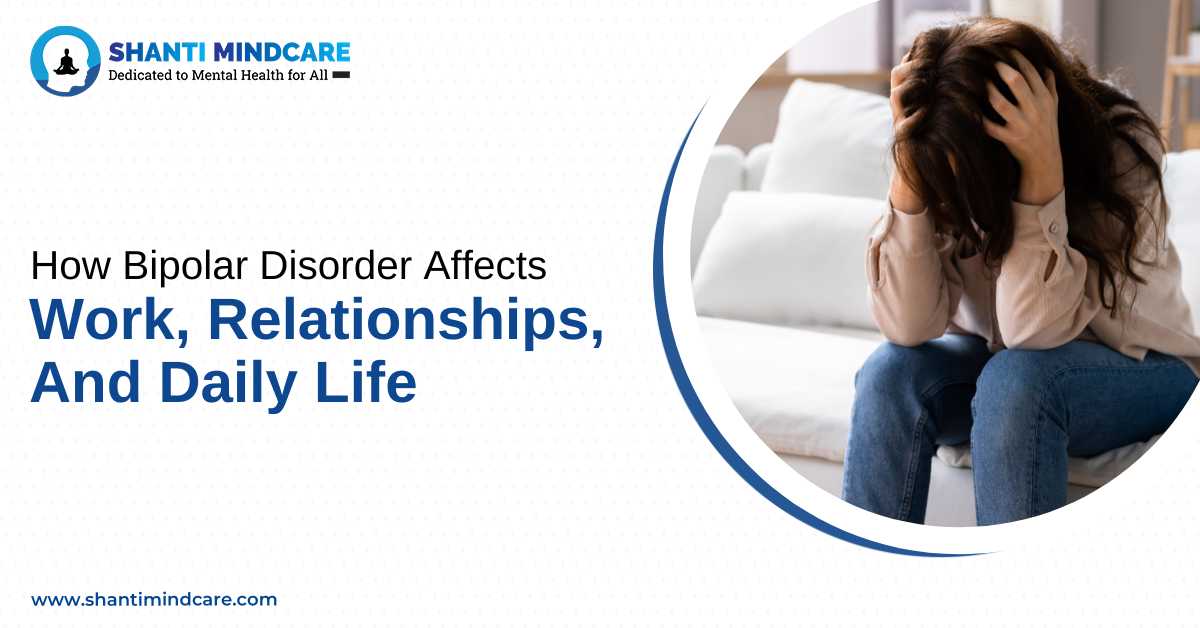In simple words, eating disorders are mental disorders associated with food. It’s a complex state of psychology that puts the quality of life at risk of numerous health concerns, like heart disease, depression, anxiety. Wise to seek medical consultancy if you feel your near one is going through such conditions.
Teens and adults more often get into these disorders. Expert guidance is of need so that we can restore their well-being. Without treatment, one can develop digestive, cardiovascular, orthopedic, and several other complications. Visit the best psychiatric hospital in Siliguri, North Bengal.
Below are some eating disorders explained:
Bulimia Nervosa
One of the life-threatening eating disorders is bulimia, causing an individual to eat large portions of food at one time and purge in order to get rid of calories. Preoccupation with weight and body shape leads one to do laxatives misuse, weight-loss supplements misuse, self-induced vomiting, and diuretics abuse.
Signs and symptoms of bulimia nervosa involve – fear of gaining weight, being preoccupied with weight, and body shape, too many workouts, excessive fasting, excessive use of dietary supplements, losing control over food/binge eating, taking laxatives, enemas after eating, strict dieting after binge eating, persistently worrying about getting fat, et al.
Anorexia Nervosa
Another life-threatening eating disorder, anorexia marked by an abnormal fear of low body weight, excessively low body weight, and a distorted understanding of body shape. The exact cause of this eating disorder is unknown. Untreated anorexia can lead to anemia, missing periods (in females), reduced testosterone (in males), heart disease, low potassium, osteoporosis, kidney issues.
With anorexia, one develops signs like denial of hunger, making eating rituals, intense fear of gaining weight, too many workouts, severe fasting, self-induced vomiting, skipping meals more often, social withdrawal, insomnia, worrying about getting fat, poor self-image, eating only low-calorie foods, dizziness, fainting, cold intolerance, low blood pressure, fatigue, irregular heartbeat, extreme weight loss, hair loss, edema, abdominal pain, dry skin, constipation, dehydration.
Binge-eating Disorder
Simply put, binge-eating disorder is losing control over eating without concern about losing weight. Here individuals eat more than intended. With this eating disorder, one doesn’t feel worried about losing weight or exercising. But individuals might feel disgusted by the amount of food taken. Talk to a specialist at the best psychiatric hospital in Siliguri. Expert assistance helps overcome the concern.
Binge-eating more often causes obesity. Symptoms include eating out of control, eating a large number of foods, eating in secret, being depressed or ashamed about eating patterns, et al. Depression, anxiety, bipolar disorder, obesity, heart disease, GERD, sleep apnea, type 2 diabetes, joint issues, substance dependency are common complications of this eating disorder. Seek medical attention on early notice.





